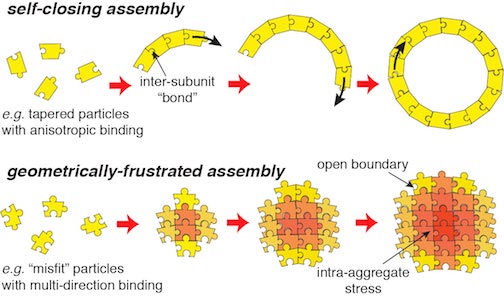Postdoctoral Associate in Microfluidics and Soft-Materials Research
Brandeis University Bioinspired Soft Materials MRSEC, Waltham, MA, USA
We seek a postdoc to join the Brandeis Bioinspired Soft Materials MRSEC, a multidisciplinary, tightly integrated team, to design and fabricate new microfluidic devices. The focus will be on controlling protein crystallization for drug discovery applications and engaging in basic research in active matter of purified biological systems and self-assembly of DNA origami. The position will be integrated into a team of students, postdocs and faculty who work together across groups and disciplines to achieve our goals.
Responsibilities include training new students in the manufacture and operation of microfluidic devices in our cleanroom and supervising a summer course, taught in conjunction with graduate students. This position offers ample opportunities for professional development including participation in exciting cutting-edge science, gaining mentoring experience, and the potential for initiating new research.
Experience, attributes, and skills sought:
· PhD in mechanical engineering with a diverse background in microfabrication and microfluidics.
· Creative scientist with a track record of quality publications.
· Automation, instrument design and construction, opto-mechanics.
· Fabrication, including computer-aided design (CAD), CNC, laser cutting, and 3D printing.
· Mentoring.
· Interdisciplinary knowledge and skills bridging engineering to soft matter.
· Work experience in cleanrooms, advanced imaging facilities, and laboratory settings.
· Team player with outstanding leadership, communication and presentation skills.
Women and minority candidates are encouraged to apply. Brandeis University is an Affirmative Action/Equal Opportunity employer M/W/D/V.
Start Date: September 2020. Location: Brandeis University, Waltham, MA, USA
Submit applications to MRSECpostdoc@brandeis.edu via email.
For more information see:
“XScreen Chip” @ https://www.brandeis.edu/mrsec/research/videos.html,
the Brandeis MRSEC @ https://www.brandeis.edu/mrsec/
and the Fraden Lab @ http://fraden.brandeis.edu/.
